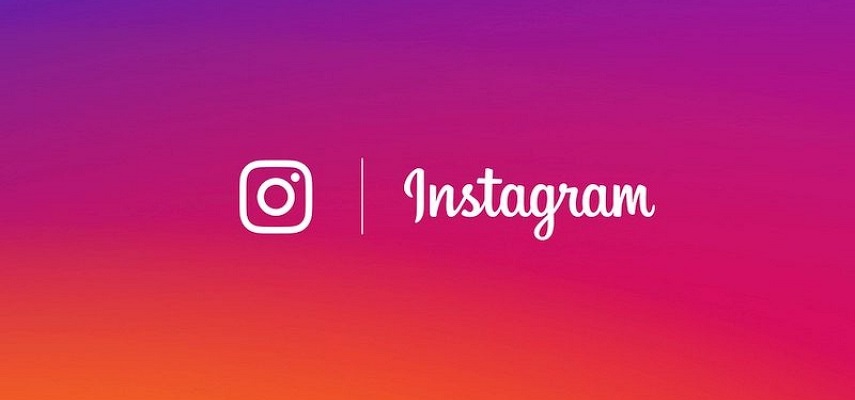Whether we engage with news, share content or use it as entertainment, everyone has come into contact with social media.
According to the Pew Research Center, YouTube (83%) and Facebook (68%) are the most dominant social media platforms in the U.S. Instagram follows in third place with 47%.
But there’s a warped perception of viewing the world through a lens. There’s a dark side to the well-curated lifestyles of influencers and content curators. It’s not real. And yet, study upon study has shown the depths of depravity the internet takes us to.
Social media’s impact on teen mental health is well-documented. And now it’s led to an Instagram mental health lawsuit.
Looking at the Evidence
Citing studies from the past several years, the Mayo Clinic says the risk factors associated with social media all come down to how much time teens spend on the platforms.
A study found that tweens who spent three hours a day using social media had higher mental health concerns.
Another showed that social media use more than three times a day was a predictor for poor mental health in teens.
Using a study from the University of Pennsylvania as the basis for the Instagram lawsuit, plaintiffs argued social media use among teens increased depression and loneliness. Young girls, especially, are prone to anxiety, low self-esteem and eating disorders.
Despite its reputation as a relatively safe platform, Instagram has become a hotbed for harassment and exploitation of young girls, warns TorHoerman Law.
Instagram to Blame?
Dr Nicholas Kardaras describes the situation as an “Age of Digital Social Contagions.” Kardaras is well known for his bestselling book Digital Madness.
He’s one of the researchers who initially sounded the alarm on the impact of excessive technology on young brains. Kardaras says tech companies are using algorithms that exploit our psychological vulnerabilities.
Meta whistleblower Frances Haugen claims Instagram knew of the negative effects it had on teen girls. Haugen was instrumental in bringing evidence to light on Instagram’s research indicating their platform increased suicidality in teenage girls.
During a hearing before Congress on child safety on social media, Haugen commended Facebook founder Mark Zuckerberg’s speech and called it a turning point. The CEO apologized directly to families who blamed toxic social media for the loss of a loved one, CNBC reported.
Zuckerberg did however get caught in the crosshairs of lawmakers. When asked about minors encountering nudity on Instagram, he refused to answer the question.
Creating a Safe Space
Education is key in changing perceptions about social media, says psychiatrist Dr Taft Parsons. Open conversations about mental health can create a safe space for those struggling with their anxieties.
Dr Parsons suggests actively listening as a parent and caregiver so kids feel heard and seen. Teaching children mental resilience better equips them for dealing with the online world.
Setting Healthy Boundaries
Senior research scientist Linda Charmaraman says kids 13 and older tend to be more responsible and less secretive. It could be a good time to give them a smartphone. But also, let them know owning a smartphone comes with conditions.
Before handing over any device, turn on the parental control settings so you can see who they are chatting to. Also, turn off all notifications which could be distracting while doing their homework. If they want to download apps, they need to ask your permission.
Pay Attention
Lawmakers are in the process of reaching a deal regulating how content appears on kids’ social media feeds. In the meantime, parents need to be vigilant and pay attention to how their children consume online content.
Psychologist Dr Shannon Bennet advises parents to look out for signs of social media addiction. It can manifest in the form of anxiety, depression, withdrawal or avoidance. If they have a hard time getting offline, it should be cause for concern.
Dr Bennet suggests a social media detox over several days or more.
Smartphone Ban
It might sound excessive, but Brock University says a ban on smartphones in schools could be the answer. Instead, schools could provide digital devices with equitable access, thereby minimizing the use of personal devices.
Assistant Professor Michelle Chen believes that while the Instagram lawsuit is kickstarting conversations, it’s not enough for companies like Meta to enforce meaningful changes.
She says parents and schools should be focused on digital literacy to help young people navigate social media.
If there’s one thing the Instagram mental health lawsuit has taught us, it’s that society is questioning social media. People no longer take things at face value.
There’s a fundamental shift in how we use and understand it. For digital anthropologist Giles Crouch, that’s a good sign.






























